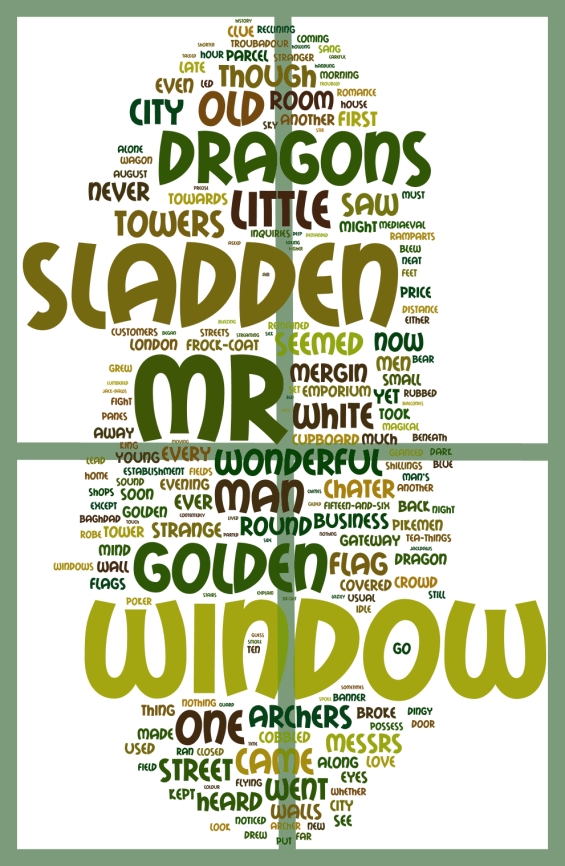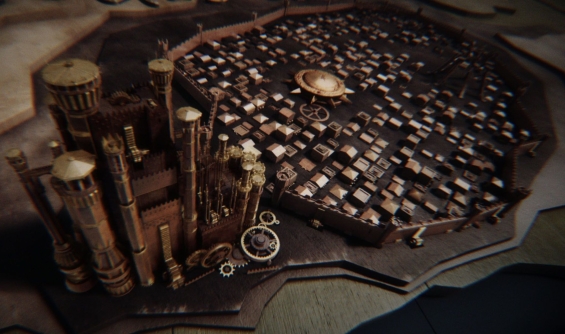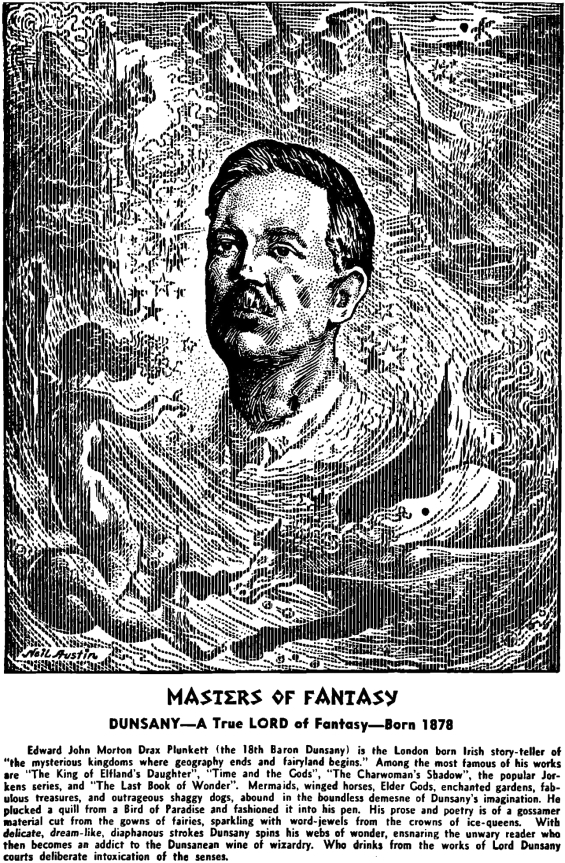
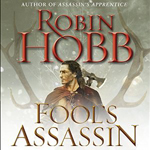 Fool’s Assassin (Fitz and the Fool #1)
Fool’s Assassin (Fitz and the Fool #1)
By Robin Hobb; Narrated by Elliot Hill
27 hours, 18 minutes [UNABRIDGED]
Publisher: Random House Audio
Publication Date: 12 August 2014
Themes: / fantasy / assassin / fool /
Publisher summary:
FitzChivalry – royal bastard and former king’s assassin – has left his life of intrigue behind. As far as the rest of the world knows, FitzChivalry Farseer is dead and buried. Masquerading as Tom Badgerlock, Fitz is now married to his childhood sweetheart, Molly, and leading the quiet life of a country squire.
Though Fitz is haunted by the disappearance of the Fool, who did so much to shape Fitz into the man he has become, such private hurts are put aside in the business of daily life, at least until the appearance of menacing, pale-skinned strangers casts a sinister shadow over Fitz’s past…and his future.
Now, to protect his new life, the former assassin must once again take up his old one.
When I first heard confirmation that the rumors of a new Fitz and Fool series were true, I was full of mixed emotions. I loved Fool’s Fate. I’ve enjoyed all of Ms. Hobb’s books but that is the only one I’ve given 5 stars too. I was just so satisfied with how it ended. There were questions, but all the big things were resolved in the end.
So would this book ruin my favorite book? Well not yet, but it certainly hasn’t alleviated my fears that the events of this trilogy might tarnish things for me.
Like many books by Ms. Hobb, things start out slow. I don’t mean that in a negative way, however. Somehow she is able to write in such a way that I don’t mind the day to day life of her books. Despite my trepidation, it just felt nice to be back with characters I love. If you’re looking for a lot of action or a flashy start, you’ll be disappointed. I imagine that anyone picking up this book is already going to be a Robin Hobb fan and used to her style.
More than anything, Ms. Hobb’s writing is able to evoke strong emotions in me as I read. Love, anger, happiness, frustration. Few other authors can make me despise a new character so quickly or completely. Similarly Fitz continues to frustrate me with the way he does things in a way that is just all too human. Often times the protagonist in a fantasy book faces external adversity and rises to the occasion. Meanwhile Fitz is frequently his own worst enemy. Poor Ms. Hobb loves putting him through the ringer too, and this book is no different.
I had three issues with this book. First, the series is called Fitz & Fool. The book is called Fool’s Assassin. So why did it take so long for us to see the Fool? He’s mentioned often enough, but I want to spend time with him just as I am spending time with Fitz. So far this series seems a lot more like Farseer than Tawny Man in that regard.
The second thing was the addition of a POV besides Fitz. I guess I’m a very jealous reader. I originally hoped it was a one off thing early in the book, but when it turned out to be a regular thing it bothered me. I felt robbed of time I could be spending with Fitz. By the end of the book it grew on me and I came to look forward to those chapters nearly as much as I did the Fitz ones.
The final issue I had was the ending. I know this is the first book of a trilogy, but I hate cliffhanger type endings, and this one seemed pretty bad to me. If you’re the type of person who hates waiting for the next book, you may be better off waiting until the final book is either published or has a release date. It’s going to a be a LONG wait for me until book 2.
Overall I really liked, but didn’t love this book. I’m still pretty nervous about what may happen next. I think that above all shows how great a writer Ms. Hobb is to fill me with both a sense of anticipation and dread for the next book in the series.
As a narrator, I really didn’t like Elliot Hill much at first. He grew on me by the end though. I don’t normally hear characters speaking in my head as I read and haven’t had any issue listening to books I had previously read and finding the voices wrong.
I did here for some reason. Fitz just didn’t sound right to me. Same thing with Molly. Bee seemed fine, but really she sounded almost like Molly. I liked his voice for Chade though.
Mr. Hill does a few voices and accents and does a fine job of it. It just took me a very long time to get used to. By the end though I seemed to get over it. I likely won’t do the audio again unless I get another review copy, but I’d guess many people won’t have the same issues I did with it.
Review by Rob Zak.
 The Magician’s Land (The Magicians #3)
The Magician’s Land (The Magicians #3)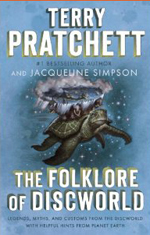 The Folklore of Discworld: Legends, Myths, and Customs from the Discworld with Helpful Hints from Planet Earth
The Folklore of Discworld: Legends, Myths, and Customs from the Discworld with Helpful Hints from Planet Earth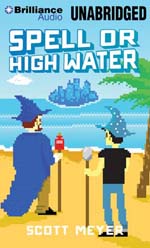 Spell or High Water (Magic 2.0 #2)
Spell or High Water (Magic 2.0 #2)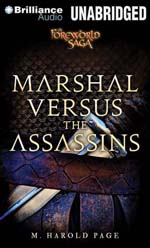 Marshal versus the Assassins (A Foreworld SideQuest)
Marshal versus the Assassins (A Foreworld SideQuest)



